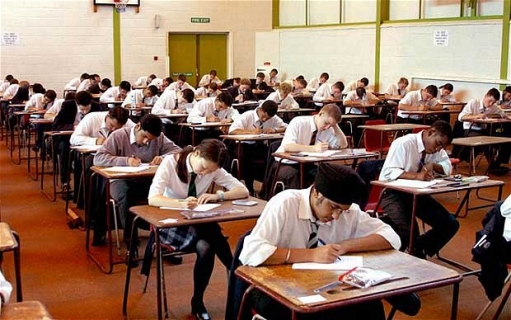News
Attainment increases across the sciences at GCSE
- Details
- 22 August 2019
Students across England, Northern Ireland and Wales received their biology GCSE today.
In England, over 165,000 students sat the reformed biology GCSE, while just under 4,000 students in Northern Ireland and over 7,500 students in Wales received their biology GCSE award.
Reformed GCSEs were awarded in an additional 25 subjects this summer, bringing the total number of reformed subjects to 48. Entries into individual science GCSEs in England have increased by 2.7% across biology, chemistry and physics.

A relatively small change in entries is to be expected, as this is the second year that students in England sat the new reformed GCSEs, which are graded on a 9-1 scale.
Entries in combined science have increased by 5.1%, making it the subject with the highest number of entries at GCSE. Attainment has increased across the three sciences and has remained stable for combined science.
Ofqual have published a blog comparing the reformed GCSE grades 9 to 1, to the legacy qualification grades A*-G and explaining entries into GCSE combined science. Last year, the Royal Society of Biology produced a briefing document on reformed GCSEs and the new 9 to 1 grading scale.
Most GCSEs taken by students at schools in Wales and Northern Ireland will continue to be graded A* to G.
Lauren McLeod, head of education policy at the Royal Society of Biology, commented, “Congratulations to all students in England, Wales and Northern Ireland receiving their GCSE results today.
We wish students all the best in the next phase of their education, and hope that they will consider continuing to studying biology through to A level or technical or vocational routes.
We also recognise the hard work of teachers in England in helping students achieve their best in new GCSE qualifications.”
Next year will see many of those who have received biology GCSE results today going on to study reformed A Level qualifications, and look to secure a place to study undergraduate biosciences in 2020.
As these students progress, RSB will continue to collect evidence on the impact of education reforms through the post 16 biology survey.
Last year, the Royal Society of Biology published a blog Is my grade 9 an A*? Making sense of qualification reforms, discussing education qualification reforms in England.

